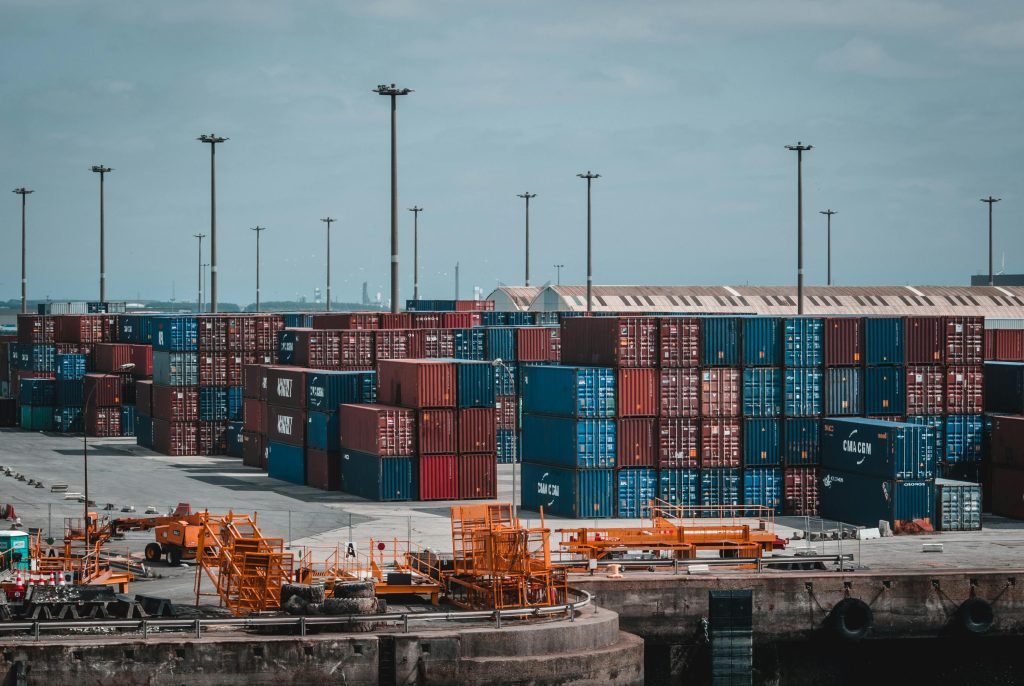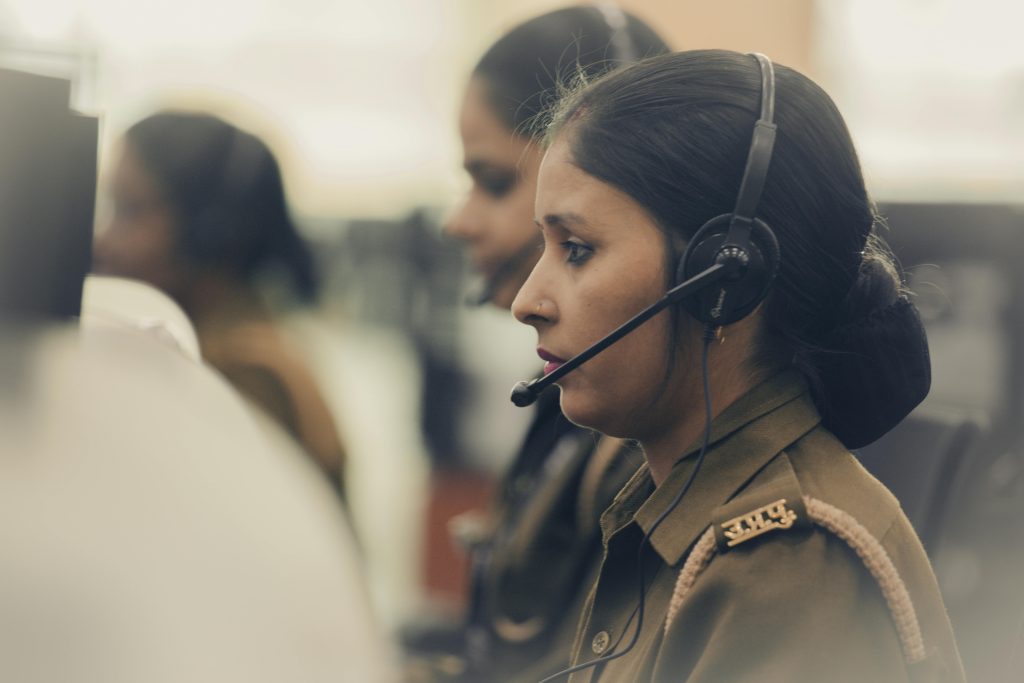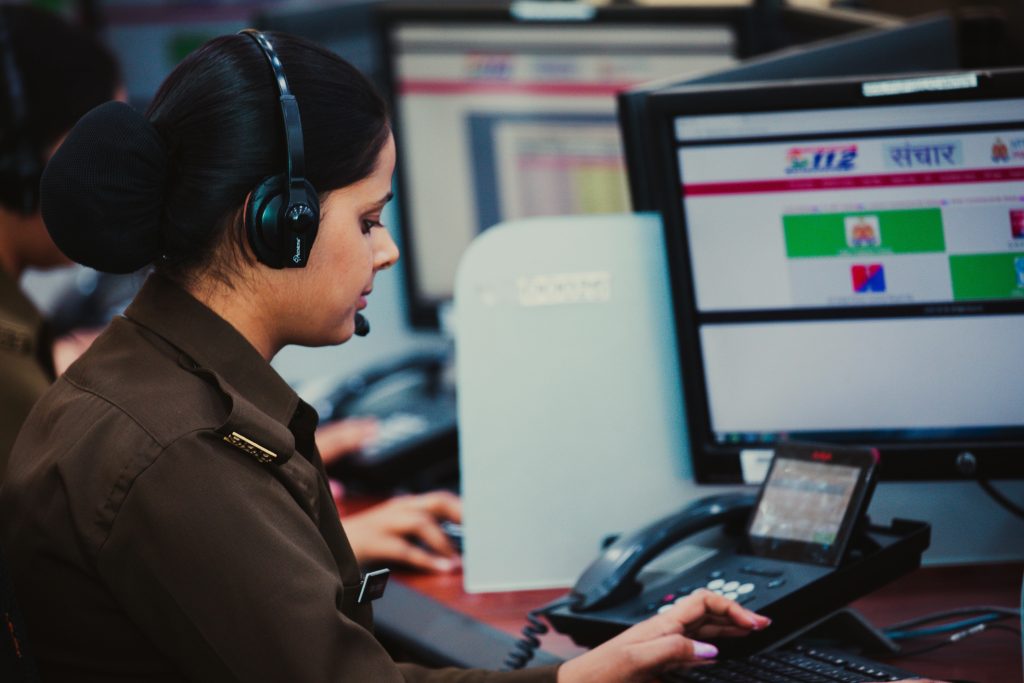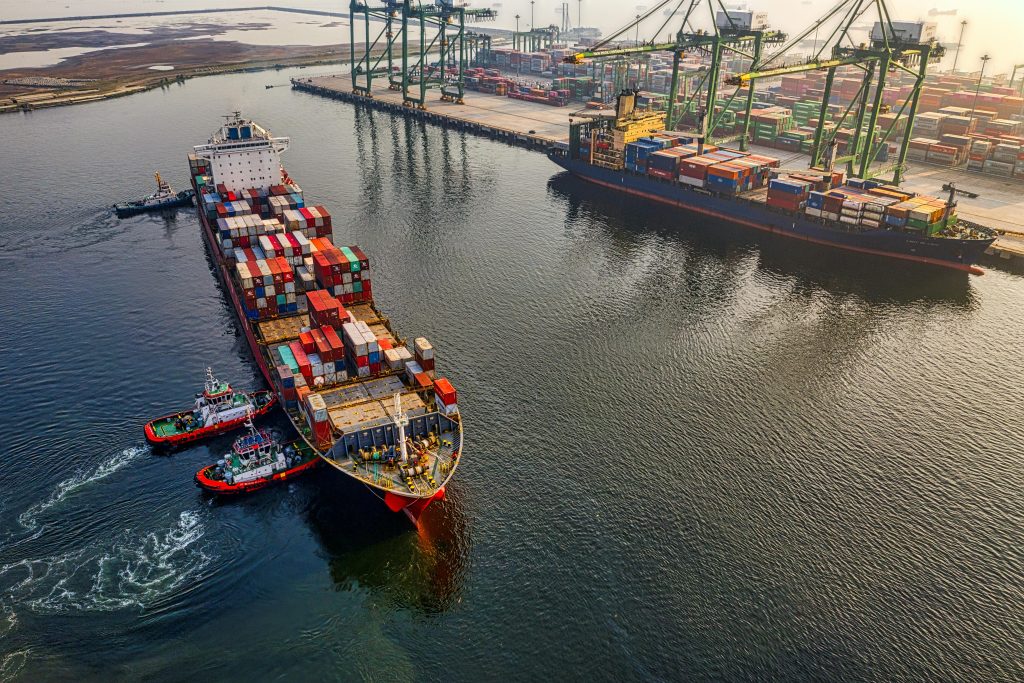Dispatch Training: A Comprehensive Guide for Aspiring Logistics Professionals

Introduction
Dispatch training is the foundation upon which successful logistics careers are built. It equips professionals with the knowledge, skills, and tools necessary to coordinate complex transportation operations efficiently. In an industry where time is money and precision is paramount, well-trained dispatchers are invaluable assets to any organization.
Importance of Dispatch Training in the Logistics Industry
- Ensures efficient coordination of transportation resources
- Minimizes errors and delays in shipments
- Improves customer satisfaction through reliable service
- Enhances compliance with industry regulations
- Increases overall operational efficiency and profitability
Overview of the Dispatch Profession
Dispatchers are the nerve center of logistics operations, responsible for:
- Coordinating drivers and vehicles
- Scheduling pickups and deliveries
- Monitoring shipments and resolving issues
- Communicating with customers, drivers, and other stakeholders
- Ensuring compliance with transportation regulations

Types of Dispatch Training
Dispatch training comes in various forms, catering to different sectors of the transportation industry. The main types include:
Focus areas:
Load planning and optimization
Driver management and scheduling
DOT regulations and compliance
Use of transportation management systems (TMS)
Key components:
Freight brokerage basics
Carrier selection and management
Rate negotiation
Customs and international shipping procedures
Essential elements:
Emergency call handling
Resource allocation in crisis situations
Stress management
Coordination with multiple agencies
While these are distinct areas, many fundamental skills overlap, providing a solid foundation for various dispatching roles.
Key Components of Dispatch Training Programs
Regardless of the specific type of dispatching, comprehensive training programs typically cover the following key areas:
Professional phone etiquette
Clear and concise written communication
Active listening techniques
Conflict resolution strategies
Transportation Management Systems (TMS)
GPS tracking and fleet management software
Electronic logging devices (ELDs)
Communication and collaboration tools
Department of Transportation (DOT) regulations
Hours of Service (HOS) rules
Hazardous materials handling procedures
International shipping regulations (for freight dispatch)
Basic principles of logistics and supply chain management
Route planning and optimization techniques
Load balancing and capacity utilization
Intermodal transportation coordination
Managing customer expectations
Handling complaints and resolving issues
Providing timely and accurate information
Building and maintaining professional relationships

Choosing the Right Dispatch Training Program
With numerous training options available, it’s crucial to select a program that aligns with your career goals and learning preferences. Consider the following factors:
Online vs. In-Person Training
Online Training:
- Pros: Flexibility, self-paced learning, often more affordable
- Cons: Limited hands-on experience, less direct interaction with instructors
In-Person Training:
- Pros: Hands-on experience, direct interaction with instructors and peers
- Cons: Fixed schedules, potentially higher costs, limited to specific locations
Accreditation and Certification
Look for programs that offer industry-recognized certifications, such as:
- Certified Dispatcher credential from the National Motor Freight Traffic Association (NMFTA)
- Emergency Dispatch Certification from the International Academies of Emergency Dispatch
Course Duration and Content
Consider:
- The depth of coverage for essential topics
- The balance between theoretical knowledge and practical skills
- The inclusion of up-to-date industry practices and technologies
Cost Considerations
Factor in:
- Tuition fees
- Additional costs for materials or certifications
- Potential return on investment in terms of career opportunities
Popular Dispatch Training Courses
While we can’t endorse specific programs, here’s an overview of what to look for in top-rated dispatch training courses:
- Comprehensive curriculum covering all essential aspects of dispatching
- Experienced instructors with real-world industry experience
- Hands-on training with industry-standard software and tools
- Career support services, such as job placement assistance
- Flexible learning options to accommodate different schedules and learning styles
When evaluating programs, look for those that offer a mix of theoretical knowledge and practical skills, preparing you for the real-world challenges of dispatching.

Hands-On Experience in Dispatch Training
Theory is important, but practical experience is invaluable in the world of dispatching. Quality training programs should incorporate:
Simulations and Practical Exercises
- Virtual dispatching scenarios
- Role-playing exercises for customer interactions
- Problem-solving challenges based on real-world situations
Internships and Apprenticeships
- Opportunities to work alongside experienced dispatchers
- Exposure to different aspects of logistics operations
- Networking opportunities within the industry
Specializations in Dispatch Training
As you advance in your training, you may want to consider specializing in specific areas of dispatching:
Hazardous Materials Handling
- Special regulations and safety procedures
- Emergency response protocols
- Specialized documentation requirements
International Logistics
- Customs procedures and documentation
- International shipping regulations
- Cultural considerations in global logistics
Intermodal Dispatching
- Coordinating multiple modes of transportation (truck, rail, sea, air)
- Understanding the unique challenges of each mode
- Optimizing intermodal connections for efficiency
How Linbis Enhances Dispatch Training and Operations
In the world of modern dispatching, having the right tools is just as important as having the right skills. This is where Linbis comes in, offering a comprehensive software solution that can significantly enhance both dispatch training and day-to-day operations.
Linbis provides:
- Realistic Training Environment: Trainees can practice using a professional-grade dispatching platform, bridging the gap between training and real-world application.
- Comprehensive Dispatching Tools: From load planning to driver management, Linbis offers a full suite of tools that align with the skills taught in dispatch training programs.
- Real-Time Data and Analytics: Trainees and professionals alike can leverage real-time data to make informed decisions, a crucial skill in modern dispatching.
- Customizable Workflows: Linbis allows users to create workflows that match industry best practices, reinforcing the principles learned in training.
- Integration Capabilities: By integrating with other systems commonly used in logistics, Linbis provides a holistic view of operations, crucial for comprehensive training.
- Mobile Accessibility: The ability to manage dispatching tasks on-the-go reflects the dynamic nature of the modern logistics industry.
- Compliance Management: Linbis helps ensure adherence to industry regulations, a key focus area in dispatch training.
By incorporating Linbis into dispatch training programs, aspiring professionals can gain hands-on experience with cutting-edge technology, making them more competitive in the job market and better prepared for the challenges of modern dispatching.
Career Opportunities After Dispatch Training
Completing a comprehensive dispatch training program opens up a world of career opportunities:
Entry-Level Positions
- Junior Dispatcher
- Dispatch Assistant
- Logistics Coordinator
Career Advancement Paths
With experience and additional training, you can progress to roles such as:
- Senior Dispatcher
- Dispatch Manager
- Operations Supervisor
- Logistics Manager
Salary Expectations in Different Dispatch Roles
While salaries can vary based on location, company, and experience, here’s a general overview:
- Entry-level dispatchers: $35,000 – $45,000 per year
- Experienced dispatchers: $45,000 – $65,000 per year
- Dispatch managers: $60,000 – $90,000+ per year
Remember, specializing in niche areas or gaining additional certifications can often lead to higher earning potential.

Continuing Education and Professional Development
The logistics industry is constantly evolving, making continuous learning essential for career growth. Consider:
Advanced Certifications
- Certified Transportation Professional (CTP)
- Certified in Logistics, Transportation and Distribution (CLTD)
Industry Conferences and Workshops
Attend events like:
- Transportation Intermediaries Association (TIA) Annual Conference
- Council of Supply Chain Management Professionals (CSCMP) EDGE Conference
Staying Updated with Industry Trends
- Subscribe to industry publications and blogs
- Join professional associations in logistics and transportation
- Participate in online forums and discussion groups
Frequently Asked Questions
Q: How long does dispatch training typically take? A: The duration can vary widely depending on the program and your prior experience. Basic courses might take a few weeks, while comprehensive programs can last several months. On-the-job training can extend the learning process for up to a year.
Q: Do I need a special license to work as a dispatcher? A: In most cases, you don’t need a special license to work as a dispatcher. However, certain specialized roles (like emergency services dispatching) may require specific certifications. Always check the requirements for your particular area and role.
Q: Can I start my own dispatch business after training? A: Yes, many dispatchers eventually start their own businesses. However, it’s generally recommended to gain some industry experience first. Starting a dispatch business also requires understanding of business management, marketing, and potentially obtaining certain permits or bonds, depending on your location and the specific services you’ll offer.

Conclusion
Dispatch training is the gateway to a rewarding career in the dynamic world of logistics and transportation. By investing in comprehensive training, staying updated with industry trends, and leveraging powerful tools like Linbis, you can position yourself for success in this essential field.
Remember, the logistics industry is constantly evolving, and the most successful dispatchers are those who view learning as a lifelong process. Whether you’re just starting out or looking to advance your existing career, there’s always more to learn and new challenges to tackle in the world of dispatching.
With the right training, tools, and mindset, you can play a crucial role in keeping the global supply chain moving efficiently and effectively. The world of dispatching offers a challenging yet rewarding career path for those ready to take on its demands and embrace its opportunities.
